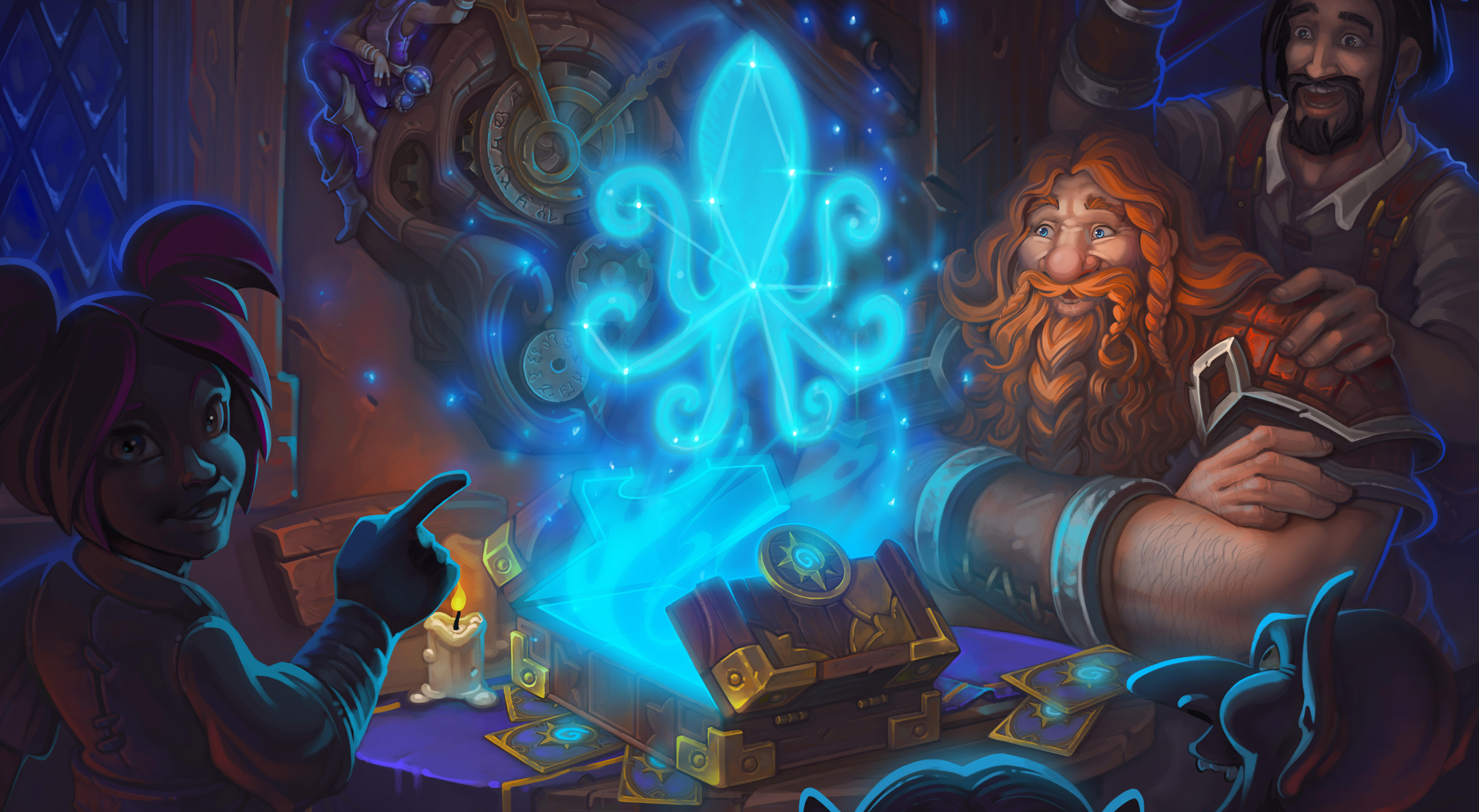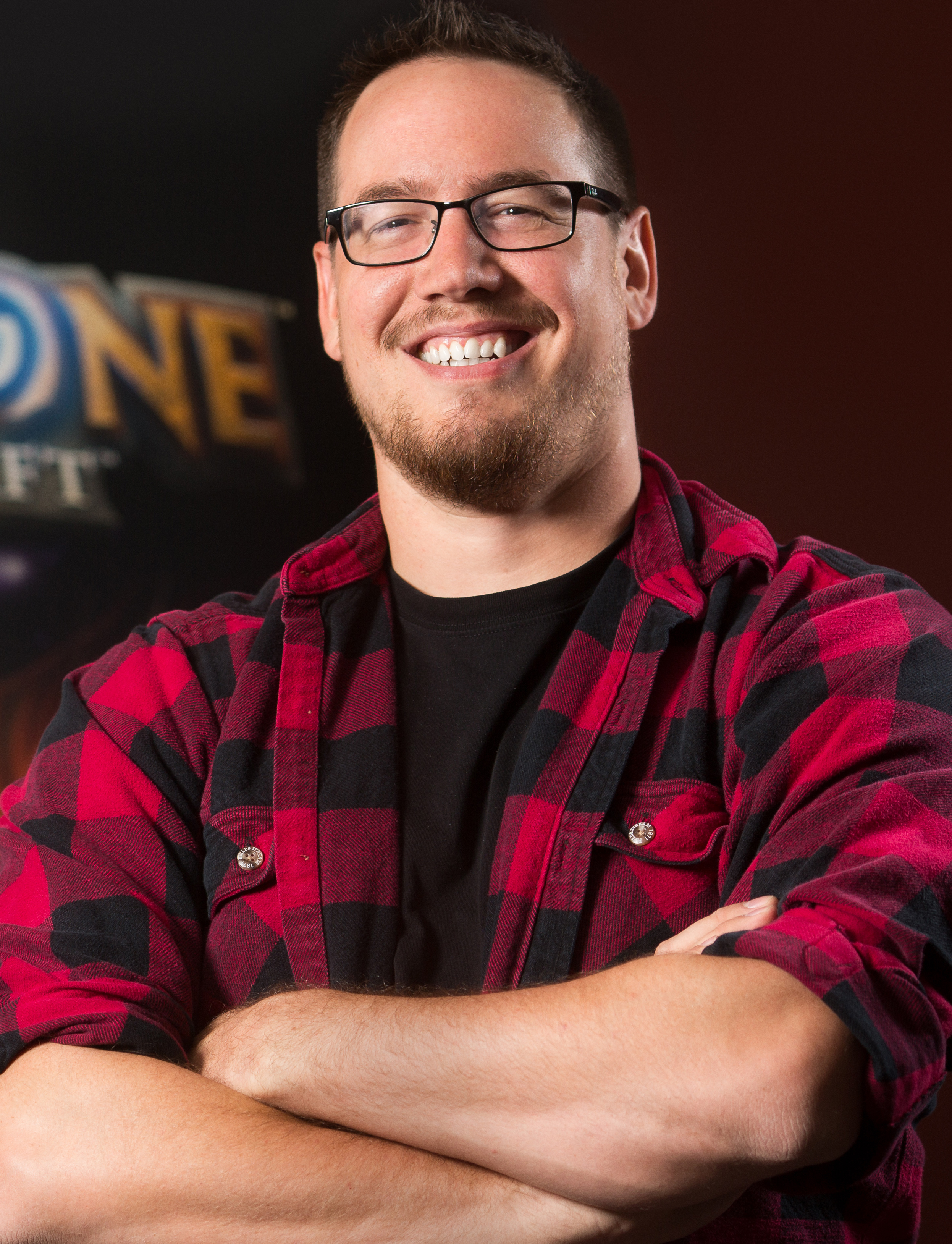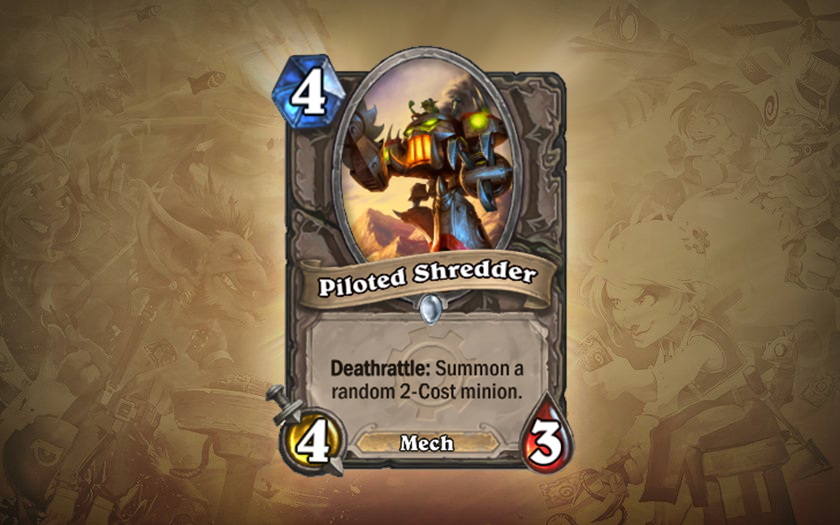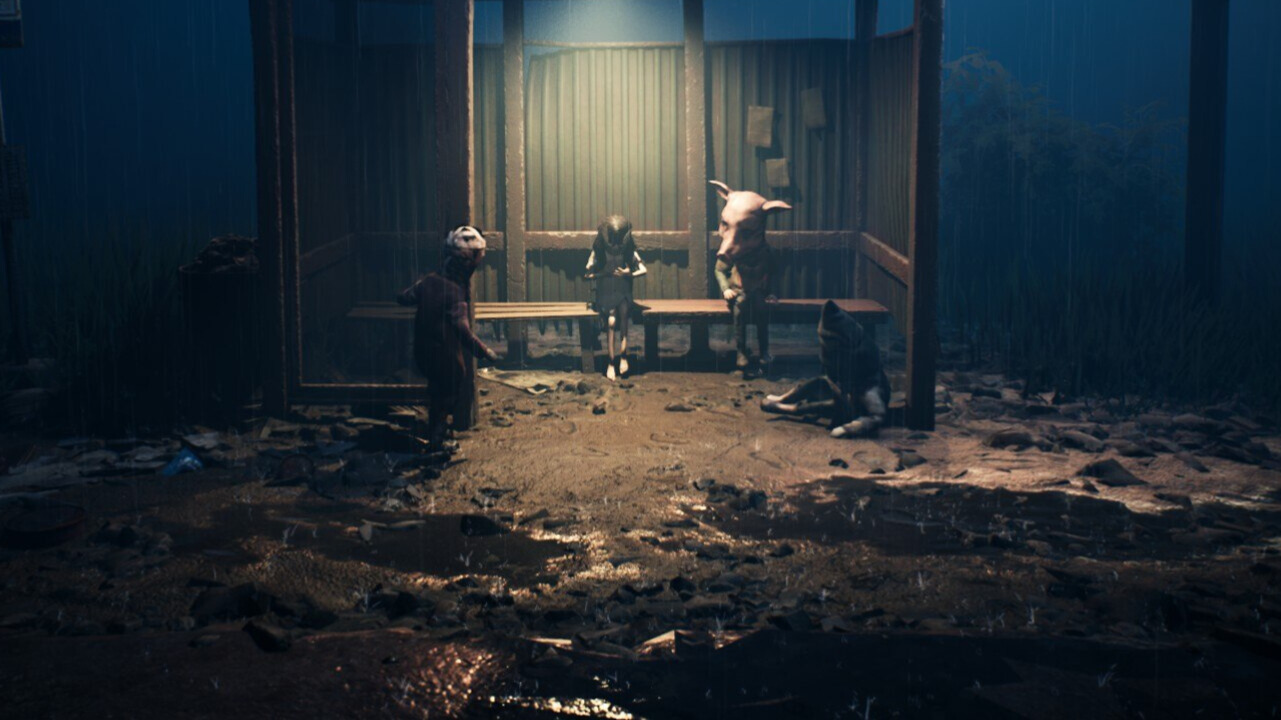Keep up to date with the most important stories and the best deals, as picked by the PC Gamer team.
You are now subscribed
Your newsletter sign-up was successful
Want to add more newsletters?

Every Friday
GamesRadar+
Your weekly update on everything you could ever want to know about the games you already love, games we know you're going to love in the near future, and tales from the communities that surround them.

Every Thursday
GTA 6 O'clock
Our special GTA 6 newsletter, with breaking news, insider info, and rumor analysis from the award-winning GTA 6 O'clock experts.

Every Friday
Knowledge
From the creators of Edge: A weekly videogame industry newsletter with analysis from expert writers, guidance from professionals, and insight into what's on the horizon.

Every Thursday
The Setup
Hardware nerds unite, sign up to our free tech newsletter for a weekly digest of the hottest new tech, the latest gadgets on the test bench, and much more.

Every Wednesday
Switch 2 Spotlight
Sign up to our new Switch 2 newsletter, where we bring you the latest talking points on Nintendo's new console each week, bring you up to date on the news, and recommend what games to play.

Every Saturday
The Watchlist
Subscribe for a weekly digest of the movie and TV news that matters, direct to your inbox. From first-look trailers, interviews, reviews and explainers, we've got you covered.

Once a month
SFX
Get sneak previews, exclusive competitions and details of special events each month!

Big changes are coming to Blizzard’s world of wizard poker. This spring, Hearthstone will split into two formats. ‘Wild’ will be Hearthstone as it is today, with every card eligible for play. However in the new mode, called ‘Standard’, any cards that were released before the previous calendar year will be removed from play. The split is set to happen sometime in spring alongside the launch of another new set, and when it does the Goblins vs Gnomes set and Curse of Naxxramas adventure will be gone from Standard.
You can see a list of the most significant due for the chop here, and get more info about how Standard and Wild work here. Late last week we had a chance to chat to senior game designer Ben Brode to find out what he thinks such a radical step was necessary to secure Hearthstone’s future. In a wide-ranging discussion we also talk about balancing the current basic and classic cards, what it means for the competitive scene, and… yes… those new deck slots.
PC Gamer: When we spoke last, you talked with some passion about how Hearthstone might not survive without a major restructure. What made you feel this sort of change was needed?

Ben Brode is senior game designer on Hearthstone at Blizzard's Team 5. He's best known for his booming laugh and patience when it comes to nerfing the card you hate.
Ben Brode: Mostly we’ve kind of been trying to look towards the future of Hearthstone and make sure that we’re set up to be fun and exciting for many years. We don’t want Hearthstone to be a game that’s just around for a year, we want it to be around for a lot of years, and when we think about the cadence of releases and how to keep the game fresh and exciting, it’s not too hard to see where Hearthstone is headed if we don’t make any changes. The problems are that the game gets less and less versatile and dynamic with new releases because they have more cards to compete against, and it’s hard for new players to get into. Given those two problems we just felt like we had to do something.
PC Gamer: What were the warning signs you were seeing?
BB: It’s something we’ve been tracking for a while, but even without warning signs you could just look at how the game is trending and with basically every release people were saying: ‘Hey, this game feels like it’s getting a little more daunting for new players to get into’. We didn’t feel like we were at the point of disaster just yet, but that feedback got louder and louder. If we didn’t do something soon it really was going to be affecting things for us.
PC Gamer: What are the practical benefits in terms of freeing up design space? What can you do now that you couldn’t before?
Keep up to date with the most important stories and the best deals, as picked by the PC Gamer team.
BB: Basically, any point where there’s a card that is very strong in a specific deck or in a specific mana slot… [rotating cards out means] that now we don’t have to make cards that are just better in order for them to see play. Examples are card that everyone’s playing a lot of like Piloted Shredder, Dr. Boom—with [Piloted Shredder] no longer in play in Standard, we can make four-drops that you might actually be interested in playing.

PC Gamer: Are you nervous about the community reaction?
BB: It is a big deal, it’s a really big change, but mostly we’re excited that we’re adding a whole new way to play Hearthstone, and you can keep playing Hearthstone the way you’ve been playing it if you’re not interested, or you can jump in and try out the crazy new format. I think because we’re not undermining what we’ve already got going that players will be excited to try out the new things.
PC Gamer: Why didn’t you just opt to rebalance the problem cards instead of removing them?
BB: I think that’s a short term fix. We can’t just always have a wave of nerfing with every set. We either have to make cards that are better and better, so that every set really does mix up the metagame, or we have to make cards with the same power level but nerf all the old cards. If you really want to play with Sludge Belcher and Mad Scientist, you can do that in Wild. We don’t want to mess up that experience for players who are currently enjoying it. I think Standard is better if you really like a dynamic format that’s changing all the time, and a format that doesn’t have as many cards to collect if you’re new to the game. I think it’s better for both those types of players.
PC Gamer: Will the new set you’re releasing at the same time as Standard have enough exciting, viable cards to compensate for losing Naxx and Goblins vs Gnomes?
...it’s going to be easier for us to make huge changes to the metagame with new expansions.
BB: Well Standard is going to grow and shrink over time because we’re going to launch that first new set—it’ll be a big set—and then the next couple of sets that release in 2016 will just go into Standard and nothing will be removed. You played back when it was just the basic set and Naxxramas, and there were lots of fun decks to make, so I think it’ll be interesting to see, but I’m not worried about a lack of deck diversity.
PC Gamer: Do you have in mind what a healthy split of the player base’s time between Standard and Wild looks like?
BB: We’ve been talking a lot about that actually. I think it’s really interesting to think about, but I don’t know that there’s almost any percentage of player base in either format that we would be sad about. We really think that Standard is going to be awesome and it’s going to be easier for us to make huge changes to the metagame with new expansions.
I think players, especially at the very highest tier of esports, are going to really enjoy tournaments being different after each expansion. New players are also going to really enjoy Standard, so I don’t think that we need to see some specific percentages for us to feel like Standard is successful.
On the next page: Rebalancing the Classic and Basic cards...
With over two decades covering videogames, Tim has been there from the beginning. In his case, that meant playing Elite in 'co-op' on a BBC Micro (one player uses the movement keys, the other shoots) until his parents finally caved and bought an Amstrad CPC 6128. These days, when not steering the good ship PC Gamer, Tim spends his time complaining that all Priest mains in Hearthstone are degenerates and raiding in Destiny 2. He's almost certainly doing one of these right now.


